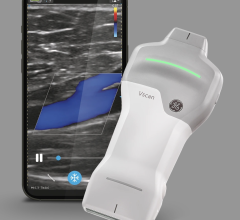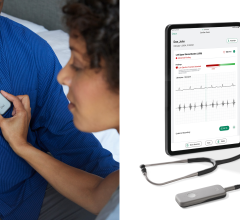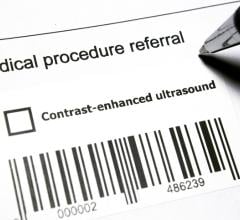June 15, 2015 - A research team from New York has announced advances in automated echocardiography decision systems that could help clinicians more accurately assess complex heart disease. The team developed a system that takes a large amount of information from ultrasound images, learns about the structure and function of the heart, and automatically differentiates enlarged hearts seen in patients with hypertrophic cardiomyopathy (HCM) from a normal variation of enlarged hearts seen in athletes. The two conditions are often difficult to distinguish from each other, and misdiagnoses might have major implications, since undiagnosed HCM is one of the most common causes of sudden cardiac death in athletes, while thickening seen in athlete's heart is benign and does not generally lead to dysfunction.
"I am confident that the use of machine learning algorithms will help create a real-time clinical guidance system for interpreting echocardiographic images and this will be crucial for standardization of interpretation for novice readers and new users of cardiac ultrasound," noted primary investigator Sukrit Narula, medical student at Icahn School of Medicine at Mount Sinai. "I am fortunate to be part of Dr. Sengupta's team and their efforts in this project, especially senior investigators like Dr. Dudley, Dr. Khader and Dr. Omar who have helped bring the first steps of this effort to fruition."
Researchers on the study, Automated Morphological and Functional Phenotyping of Human Heart with Feature Tracking of 2D Echocardiographic Images Using Machine Learning Algorithms, included Sukrit Narula, Shameer Khader, Ph.D., Sharath Vallabhajosyula, Alaa M. Omar, Joel T. Dudley, M.D., and Partho P. Sengupta, M.D., from the Icahn School of Medicine at Mount Sinai in New York, NY.
A poster based on the results of the study will be displayed in the Poster and Exhibit Hall from Saturday, June 13 through Monday, June 15 at the American Society of Echocardiography (ASE) 26th Annual Scientific Sessions at the Hynes Convention Center in Boston.
For more information: www.asescientificsessions.org


 January 28, 2026
January 28, 2026 









